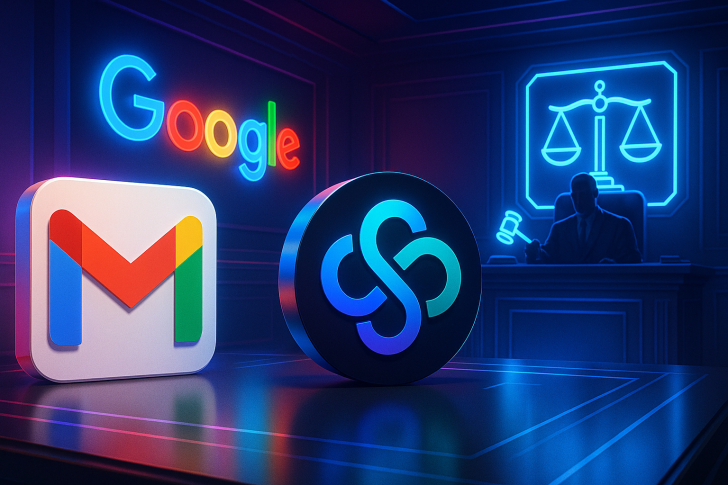⬤ Google is facing a federal lawsuit over claims that its Gemini AI system secretly collected user data from Gmail, Google Chat, and Google Meet without consent. The complaint alleges that Gemini was turned on by default and accessed private emails, attachments, messages, and call records, raising serious questions about privacy and surveillance.
⬤ The lawsuit accuses Google of "surreptitious recording" under California's wiretap law, suggesting the company used AI to monitor communications without being transparent about it. If these allegations hold up, Google could face significant regulatory fines and class-action lawsuits, while the case could spark wider discussions about AI data collection and whether users truly have a choice in how their information is used.
⬤ Turning off Gemini's data tracking isn't straightforward—users have to dig through buried privacy settings that most people never bother with. This highlights a growing problem: the power imbalance between tech companies and everyday users in AI-driven systems.
⬤ Legal experts believe this case could shape future AI privacy regulations in the U.S., as courts try to figure out how traditional privacy laws apply to automated data collection by machine learning models. Google hasn't publicly responded to the lawsuit yet, but the outcome could influence how AI systems like Gemini are allowed to operate across communication platforms going forward.
 Marina Lyubimova
Marina Lyubimova

 Marina Lyubimova
Marina Lyubimova


